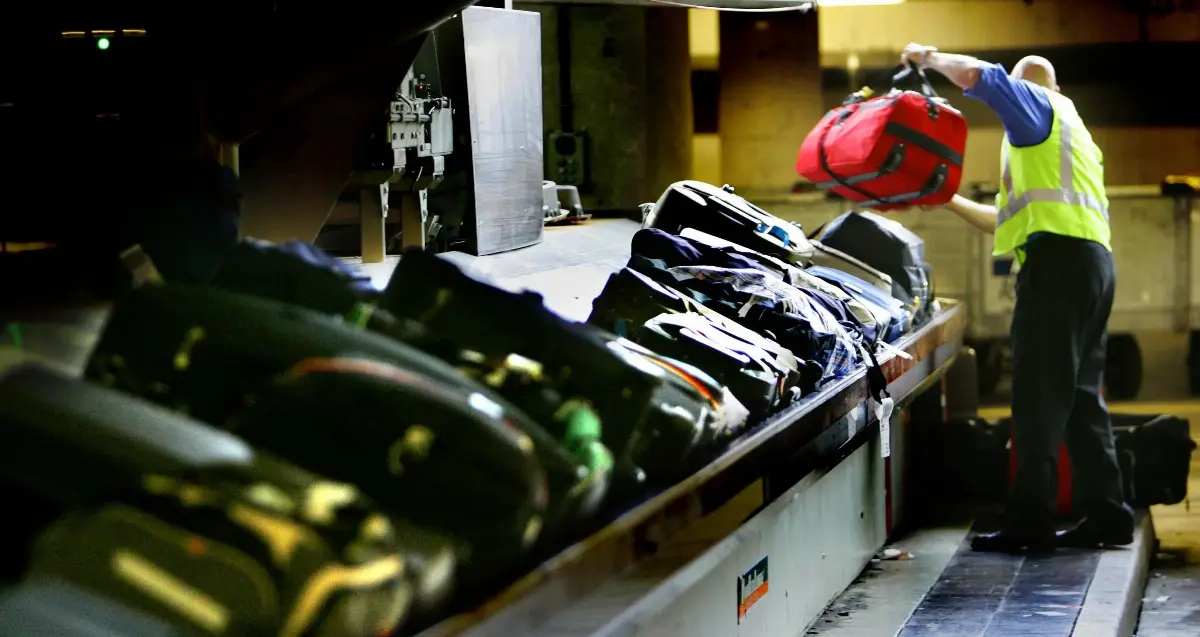
Aircraft and transport. IATA: industry makes progress to reduce baggage mishandling
According to a new its survey reveals it

The International Air Transport Association (IATA) today released a global progress report on the implementation of baggage tracking. Focused on IATA Resolution 753, which requires tracking baggage at acceptance, loading, transfer and arrival, the survey of 155 airlines and 94 airports reveals that:
44% of airlines have fully implemented the "753" and a further 41% are in progress;
Regional variation in airline full adoption rates vary from 88% in China and North Asia, to 60% in the Americas, 40% in Europe and Asia-Pacific, and 27% in Africa;
75% of airports surveyed have the capability for this Resolution baggage tracking;
Airport preparedness for "753" varies by size (classification: Medium: 5-15 million; Large: 15–25 million; Major: 25–40 million; Mega: >40 million): 75% of mega airports are capable, 85% of major ones, 82% of large airports and 61% of medium ones;
Optical barcode scanning is the dominant tracking technology implemented by the majority of airports (73%) surveyed. Tracking using RFID (Radio Frequency Identification), which is more efficient, is implemented in 27% of surveyed airports. Notably, this technology has seen higher adoption rates at mega airports, with 54% already implementing this advanced tracking system.
In 2022, the global rate of mishandled bags was 7.6 per 1,000 passengers, according to SITA. The majority of these were returned within 48 hours.
Resolution 753 requires airlines to exchange baggage tracking messages with interline partners and their agents. The current baggage messaging infrastructure depends on legacy technologies using costly Type B messaging. This high cost adversely affects the implementation of "753" and contributes to issues with message quality, leading to an increase in baggage mishandling.
IATA is leading the industry's transition from Type B to modern baggage messaging based on XML standards. The first pilot to test modern baggage messaging between airport and airlines is planned for launch in 2024.
Its resolution 753 was adopted by June in 2018. In 2024, the Association launched a campaign to assist airlines with the implementation. The campaign focuses on collecting data on the implementation status of airlines and providing support to member airlines to develop and execute their implementation plans. This initiative underscores its commitment to enhancing operational efficiencies and standards across the industry.
AVIONEWS - World Aeronautical Press Agency